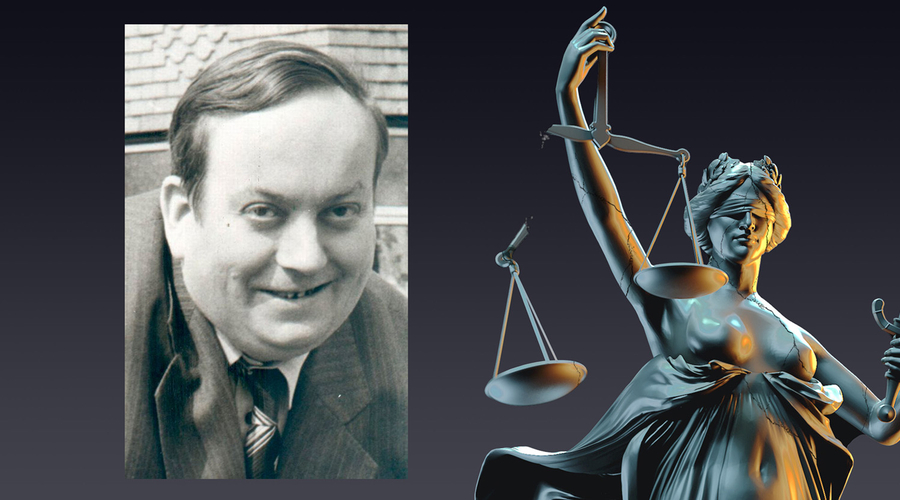Carole Solazzo discovers how a Manchester indie is putting rough justice under the spotlight
“I apologise profusely and unreservedly.” The apology, testament to the power of television documentary to inspire a Damascene moment, came after an RTS North West screening of Manchester-based Monster Films’ Wrongly Accused.
This new CBS Reality true crime series, fronted by Louise Shorter, former BBC Rough Justice producer and founder of the charity Inside Justice, examines some of Britain’s most egregious miscarriages of justice.
First, Shorter and her associates place the failings of the original investigation and trial under the microscope. Then, in the following episode, they analyse the evidence that caught the real perpetrator.
Examining the 1975 case of Stefan Kiszko, which was recounted in the exclusive RTS screening, Shorter said: “The things that really grabbed me about it were… that the mum had fought so hard to find the evidence that would clear her son… and that so many people kept on fighting for so long to find the truth.”
Kiszko had served 16 years’ imprisonment for the sexual assault and murder of 11-year-old Rochdale schoolgirl Lesley Molseed before his wrongful conviction was finally overturned in 1992.
“The reason why this case resonates is that… Stefan could be any mother’s son,” said Campbell Malone, the Salford barrister who took Kiszko’s case through to the successful appeal.
“It’s moving,” agreed former Detective Superintendent Trevor Wilkinson, who was pivotal to Kiszko’s eventual acquittal. “And I’ve dealt with over 300 homicides.”
He was asked to reopen the case. “It struck me immediately – why had [Kiszko] been required to give so many samples of semen?” he said. Wilkinson followed this lead “up the chain of science to find a man at Edinburgh University who is a world-renowned expert on semen production”. From him, he got categorical proof that Kiszko could not have been the murderer.
Dr Edward Tierney, the original forensic physician who had requested the samples, took up the story: “When I went to examine Stefan and was told he was on testosterone and vitamin B, I said to Stefan, ‘If you had nothing to do with this, and if you produce a specimen of semen… and it comes back azoospermatic [semen with no sperm] it will take you completely out of the frame.’”
“The biggest problem… was that the police believed I was working on their behalf. Trying to convince them that I was an independent practitioner searching for evidence, whether it convicted or it removed any chance of a court case, was not tolerated.”
As a result, West Riding Police removed Tierney from its list of expert witnesses. Seeing the story play out on screen led an audience member, who knew the Kiszko family and had long thought the doctor “complicit” in the wrongful conviction, to apologise to Tierney in the Q&A that followed.
Chillingly, Shorter and Malone believe miscarriages of justice are now becoming more, not less, frequent. “There is a duty on the police and prosecutors to hand over to the defence anything that… could support the defence case. We know from HM Inspectorate reports… that this disclosure is not taking place,” said Shorter.
And the will to investigate wrongful convictions is diminishing, too. Malone said: “When I started to help Charlotte [Kiszko’s mother]… I was a busy criminal defence lawyer doing entirely legal aid work. But we were paid reasonably well and I could find time… to take on Stefan’s case [pro bono].”
Following cuts to legal aid, he said, “people haven’t got the time to devote to these cases”.
Shorter added: “It’s something investigative journalism has turned its back on. There are no programmes actively investigating cases of people who are in prison right now.”
The event was held on 9 May at the Everyman cinema, Manchester, hosted by director and Monster Films co-founder David Howard, and produced by RTS North West in partnership with CBS Reality.







